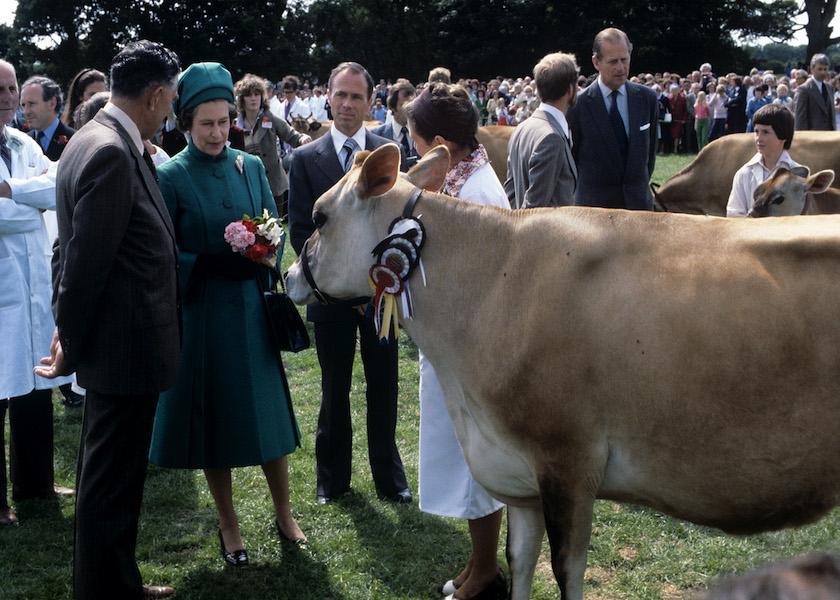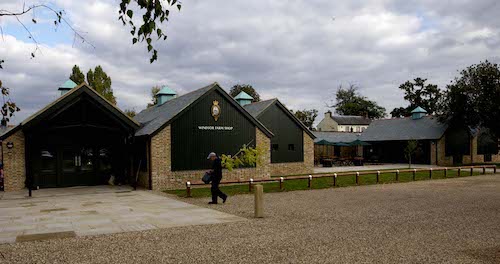A Look Inside the Late Queen Elizabeth’s Dairy Farm

Queen Elizabeth II, the UK’s longest-serving monarch, passed away peacefully at Balmoral Castle at the age of 96. Her reign on the throne lasted 70 years.
The late queen, who was immensely popular throughout the world, was well-known for her soft spot for animals. While her love for her famed corgis was most recognizable, the queen also admired farm animals such as horses, pigs, sheep and even registered Jersey cows.
In 2001, Prince Philip, the Duke of Edinburgh, came up with the idea of selling high-quality goods from the Royal Estates and other small local suppliers. Its aim was to support the smaller businesses in the area while also providing the customers with the best quality products Britain had to offer.
The farm consists of 200 registered Jersey cows, a Sussex beef herd, 140 breeding sows, 1,500 Lohmann Brown hens, 1,000 acres of arable land and 2,000 acres of grassland mainly used to feed the livestock.
According to the farm’s website, the late queen’s Jersey herd is based at Prince Consort Farm in The Home Park. The original farm was designed by Prince Albert in the late 1850s. The original buildings were extended with new winter housing for the cows, and they now feature robotic technology. Additionally, the farm features automatic cow brushes as well as waterbeds for the royal herd to lay on.
While it remains unknown as to what will become of the royal farm, the milk is currently being sold to produce Windsor Castle ice cream.








